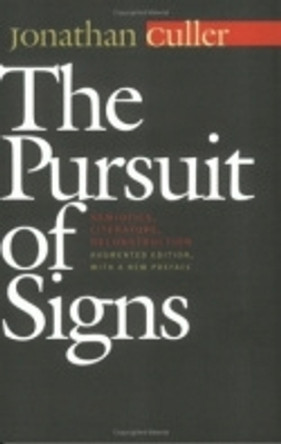This is a semiotic study of a corpus of texts that Kumarajiva (344-413 CE), Paramartha (499~569 CE) and Xuanzang (599~664 CE) transmitted from India to China, featuring a critical reading of the Dazhidu Lun (T1509, Maha-Prajnaparamita-upadeua-Uastra), San Wuxing Lun (T1617, Try-asvabhava-prakara.na), and Guangbai Lun (T1571, Catu.huataka-uastra-karika). Focusing its attention on the Mahayana Buddhist notion of samata, it identifies a Buddhist semiotics which anticipates Derrida's invocation of the notion of the Same in his deconstruction of binary oppositions.
About the AuthorWang, Dr Youxuan; Youxuan, Wang
Reviews'All in all, this is an expert and often brilliant work.' -Japanese Journal of Religious Studies
'I found Wang's project most exciting and valuable...the book is an excellent addition to contemporary studies of Buddhist and comparative philosophy.' - Philosophy East and West
Book InformationISBN 9781138862500
Author Youxuan WangFormat Paperback
Page Count 242
Imprint RoutledgePublisher Taylor & Francis Ltd
Weight(grams) 362g







